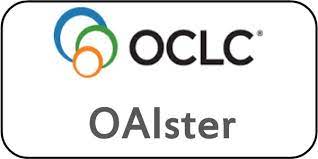Diabetes Risk Score in Indian Population: Experience from Central India
Keywords:
Diabetes, Indian Diabetes Risk Score, Madras Diabetes Research FoundationAbstract
ntroduction: Diabetes is a major health problem in the world causing significant morbidity and mortality. Currently, 77 million people in India and 463 million people are living with diabetes across the world, and this number is expected to rise to 101 million in India and 578 million globally by 2030. The key to reduce the morbidity and mortality is early diagnosis and management. The Madras Diabetes Research Foundation (MDRF) has developed an Indian Diabetes Risk Score (IDRS) to identify people who are at risk of developing diabetes or are undiagnosed. Thus, we conducted a study to calculate the IDRS of people from Central India and identify those who are at risk of getting diabetes. Methods: A total of 1,500 patients or attendants, aged 18 to 60 years (mean age 41.2 years), visiting the Endocrinology clinic, and not diagnosed with diabetes earlier were included in the study after taking proper consent and IDRS was calculated. Results: The male-to-female ratio was 914:586. The mean IDRS was 51.29 in our population with 35.93%, 18.2% and 45.87% of screened subjects having a score of <30, 30-60 and ≥60, respectively. Conclusion: Forty-five percent people of the population was at high risk of diabetes as estimated by IDRS, which proved to be an effective and economical tool to identify persons at increased risk of diabetes and diagnose the undiagnosed cases and start early management to reduce the morbidity and mortality.
Additional Files
Published
Issue
Section
License
Copyright (c) 2023 JAIDEEP KHARE

This work is licensed under a Creative Commons Attribution 4.0 International License.






